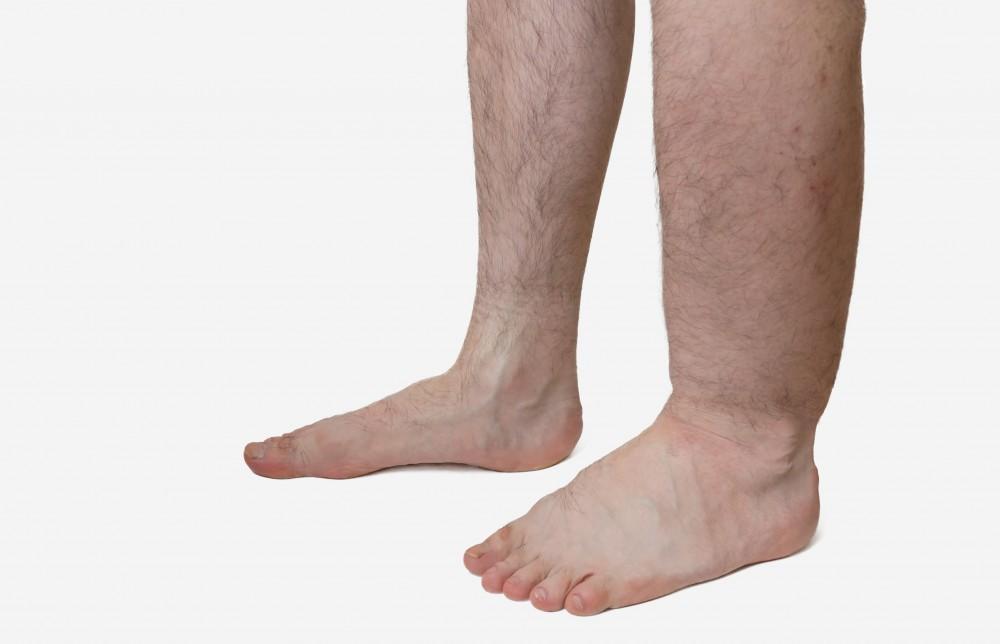Your legs swell for lots of reasons. To treat your symptoms, we need to know what those reasons might be. In this post, we review some of the most common causes as well as treatment to help swelling.
Swelling of the legs and feet is a relatively common medical problem, and it becomes even more common as you get older. But swelling (or edema) still isn’t normal, and it needs evaluation and treatment right away.
At Vayu Advanced Wound Clinic and Hyperbarics in San Antonio, Texas, Manjulatha Badam, MD, CWSP, UHM, helps our patients manage leg swelling by first determining the cause, so we can customize and target treatment.
If you have swollen legs, here’s what Dr. Badam wants you to know.
Causes of leg swelling
Most leg swelling occurs when fluids don’t drain properly from your lower limbs. Often, this happens when the lymphatic drainage system isn’t working the way it’s supposed to, leading to a serious problem called lymphedema.
Typically, something damages the lymph system, the network of nodes and vessels that transport lymph fluid throughout your body. Cancer treatment, infections, heart and vessel disease, and some types of cancer can damage the lymph system and interfere with the way it works.
Leg swelling can also occur as a result of vascular issues, like chronic venous insufficiency, peripheral artery disease, and varicose veins. These conditions make it hard for your veins to return blood from your feet and ankles back to your heart and lungs.
Finally, many people develop leg swelling as a symptom of kidney disease. Swelling occurs when your kidneys can no longer filter and excrete fluids through urination.
Treating leg swelling
The treatment options for leg swelling vary to some degree, depending on the underlying cause. These are some of the options we use to help our patients relieve symptoms and prevent more serious complications.
Lifestyle changes
Leg swelling frequently responds to lifestyle changes, like elevating your legs while you’re resting, reducing the amount of sodium in your diet, and getting more exercise to help your legs drain naturally. If you’re very overweight, losing those extra pounds can help, too.
Compression
Wearing compression stockings or socks helps reduce leg swelling by promoting circulation and preventing fluid buildup. While over-the-counter compression socks are available, prescription socks allow the amount of pressure to be customized to your needs.
Medication
Depending on what’s causing your swelling, you might benefit from diuretics or other medicines to reduce fluid retention or aid in fluid drainage.
Treatment of underlying causes
If your leg swelling is associated with a disease, like heart failure, chronic venous insufficiency, or diabetes, optimizing your treatment for that disease may also play a role in your treatment.
Look out for ulcers
One more note: Leg swelling puts pressure on your skin and stretches it. The extra strain on the skin tissue can lead to skin sores or ulcers that don’t heal well.
The delay in healing leaves these sores open to serious infections. If you have slow-to-heal ulcers, we may recommend hyperbaric oxygen therapy to provide additional healing support.
Find out why your legs are swollen
While temporary leg swelling typically is nothing to be concerned about, if you have chronic, persistent, or recurring swelling, it could be a sign of a serious medical problem. Early treatment is important for preventing serious complications.
To learn what’s causing your leg swelling and how we can help, call us at 210-651-1112 or book an appointment online with us at Vayu Advanced Wound Clinic and Hyperbarics today.

